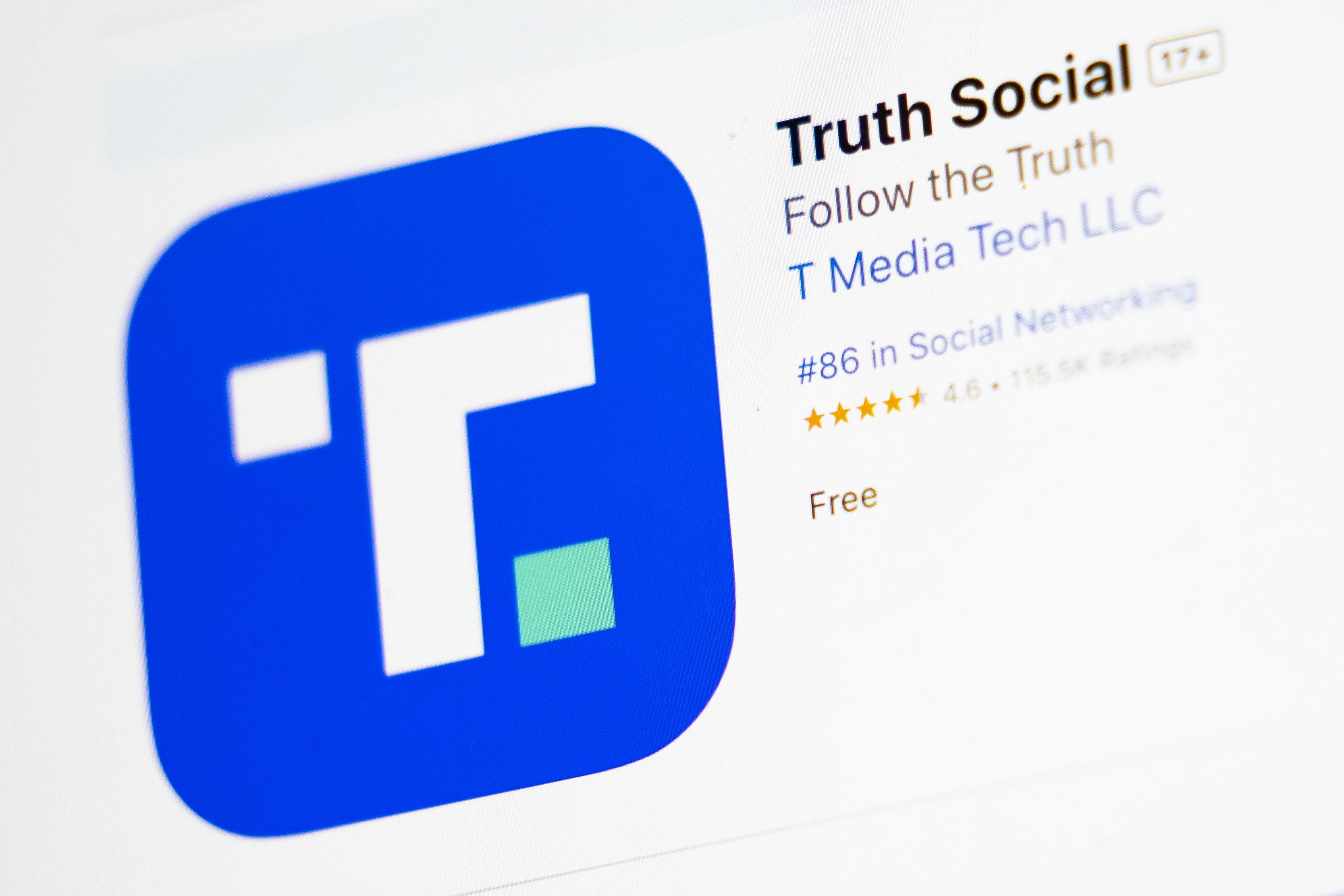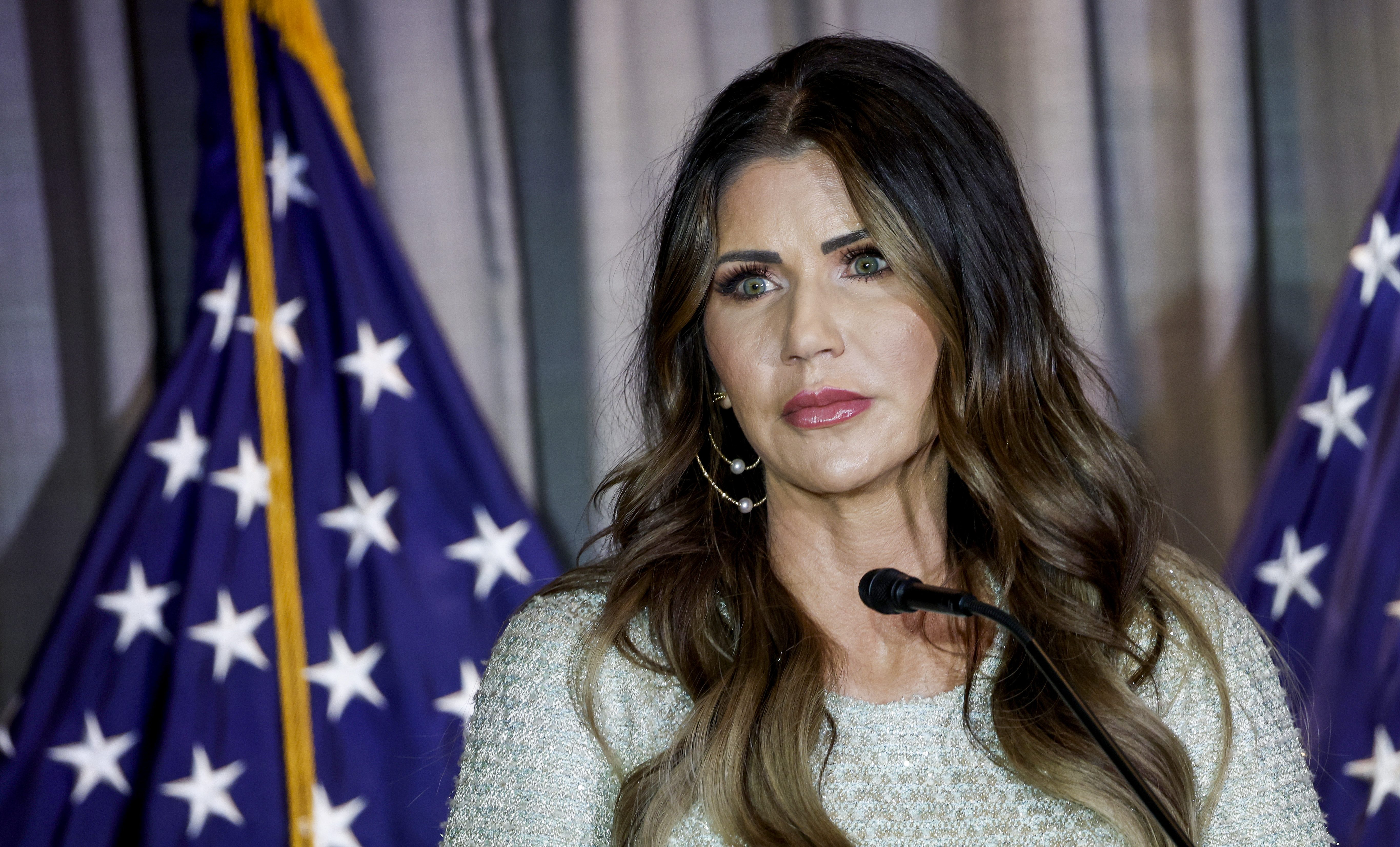
Famous composer Andrew Lloyd Webber said he’ll “do anything” to get people back in theaters safely and Friday, he made good on his word.
Lloyd Webber posted a photograph to his social media accounts showing him getting a coronavirus vaccine as part of a clinical trial at the University of Oxford.
“I’ll do anything to get theatres large and small open again and actors and musicians back to work,” he wrote in the status.
As the coronavirus pandemic swept across the United States in March, live performances closed up shop — from Nashville to Hollywood to Broadway, the entertainment world seemingly came to a halt. The Broadway League, the national trade association for the industry, has said theaters in New York won’t reopen until at least January 2021 — this, after closing since mid-March due to the coronavirus pandemic.
In his post, Lloyd Webber tagged the National Independent Venue Association, a non-profit that works to preserve independent live music venues and promoters throughout the United States, and wore a t-shirt that said #SaveOurStages.
The Oxford vaccine, produced in conjunction with drugmaker AstraZeneca —which has signed on to make 2 billion doses should it be successful— is in the final stage of testing.
U.S. & World
Stories that affect your life across the U.S. and around the world.
In research published last month, Oxford scientists said that they found their experimental COVID-19 vaccine produced a dual immune response in people aged 18 to 55 that lasted at least two months after they were immunized.
Dr. Adrian Hill, director of the Jenner Institute at Oxford University, told the Associated Press in July that their vaccine is designed to reduce disease and transmission. It uses a chimpanzee cold virus, engineered so it can’t spread, to carry the coronavirus’ spike protein into the body, which should trigger an immune response.
The AP reports nearly two dozen potential vaccines are in various stages of human testing around the globe, with several in late-stage testing to prove effectiveness.
This story first appeared on TODAY.com. More from TODAY:



